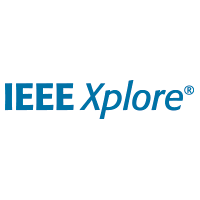Bravo
Meow Meow 🐾
Hi again Fact Finder,Hi All
I had trouble finding them but they are partnered with Edge Impulse, Renesas and Arduino so very, very real as is the author of the post/CV found by Pom:
https://www.public.asu.edu/~vkakarap/
My opinion only DYOR
Fact Finder
PS: Great sleuthing Pom
I just noticed that Arduino collaborated with us (as well as Wewolver, Renesas Arm, and Sparkfun) on our 2023 Edge AI Technology Report.
The other thing that I think is interesting is that this article dated 27 May 2022, is when Sailesh Chickpea first mentioned Renesas licensing what they need from us to get the ball rolling, and later in the article he mentions a strategic partnership for sensors, power and connectivity with Arduino (who have a base of 30 million active users) . Is that all? He-he-he!
Extract 1
Extract 2

ARM battles RISC-V at Renesas
Dr. Sailesh Chittipeddi, Executive Vice President and General Manager of IoT and Infrastructure Business Unit of Renesas Electronics talks to eeNews Europe
I also did a little search on "Arduino" + "neuromorphic" and found this abstract in which they used Spinnaker to run SNN for a real-time, low-power solution for intercepting incoming objects for autonomous systems. So it would appear that do have an interest in neuromorphic technology IMO.

Live Demonstration: Neuromorphic Robot Goalie Controlled by Spiking Neural Network
This demonstration shows an implementation of the Robot Goalie using neuromorphic hardware and a Spiking Neural Network (SNN) to control the goalkeeper position. The system consists of four main components: a Dynamic Vision Sensor (DVS128) used as an "eye", a SpiNNaker SpiNN-3 board to run a SNN...
Last edited:

